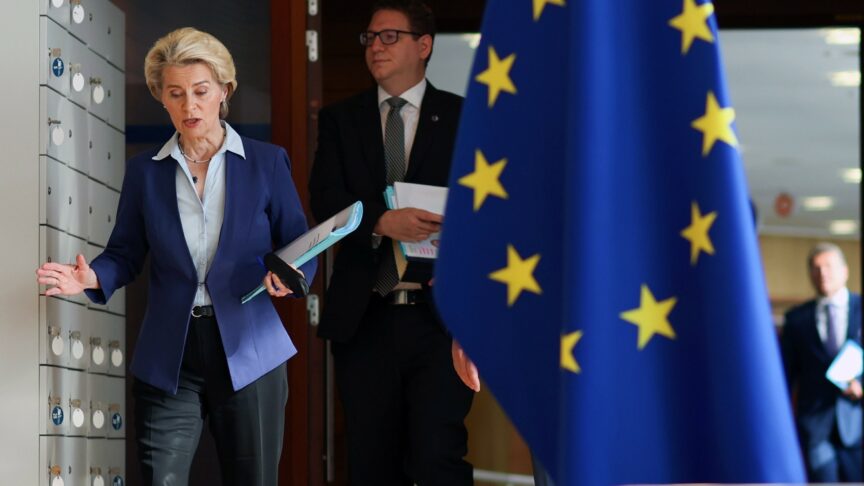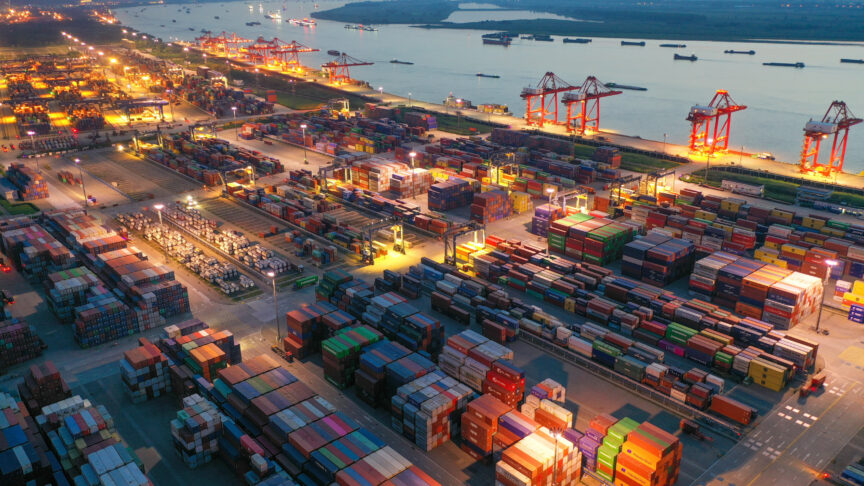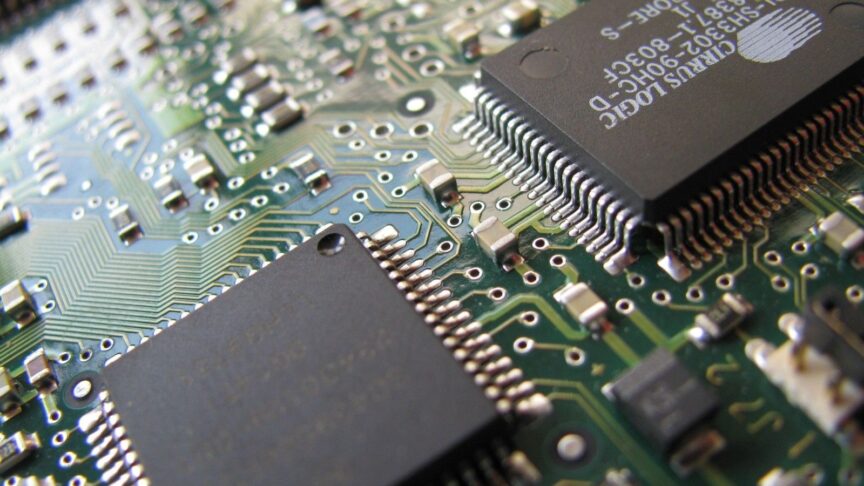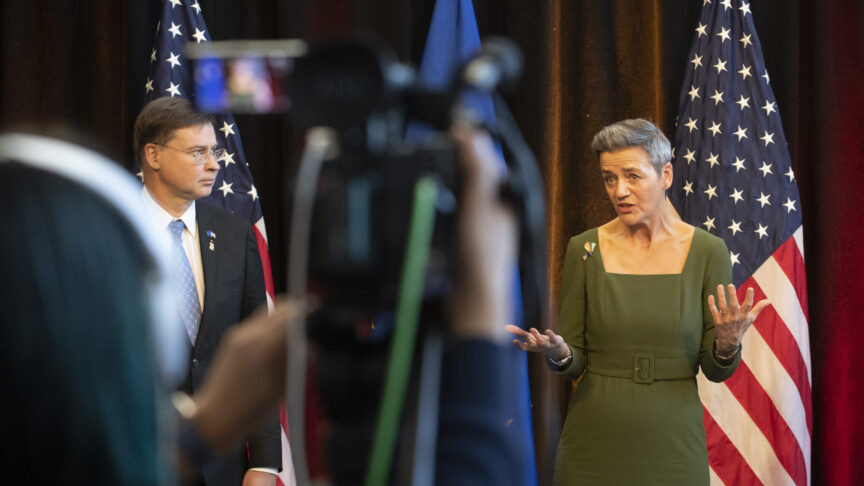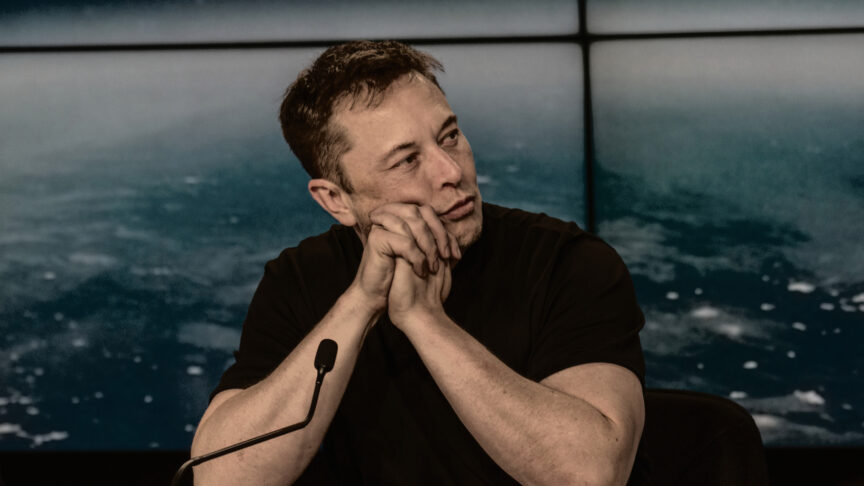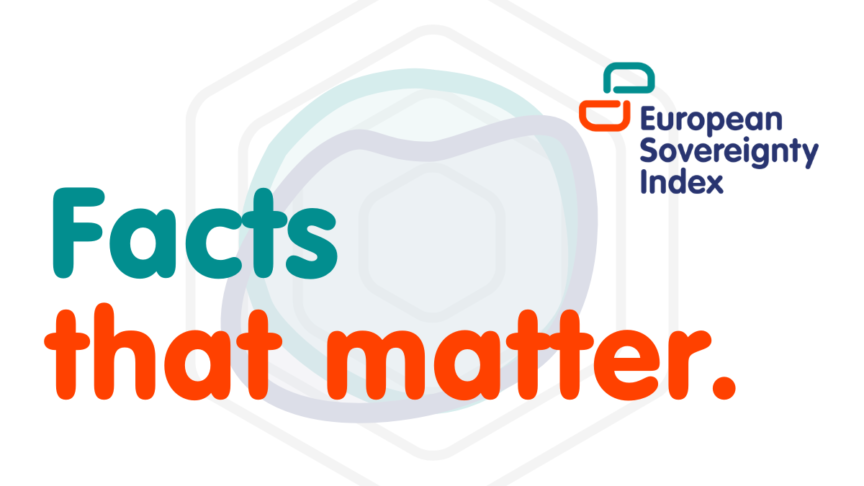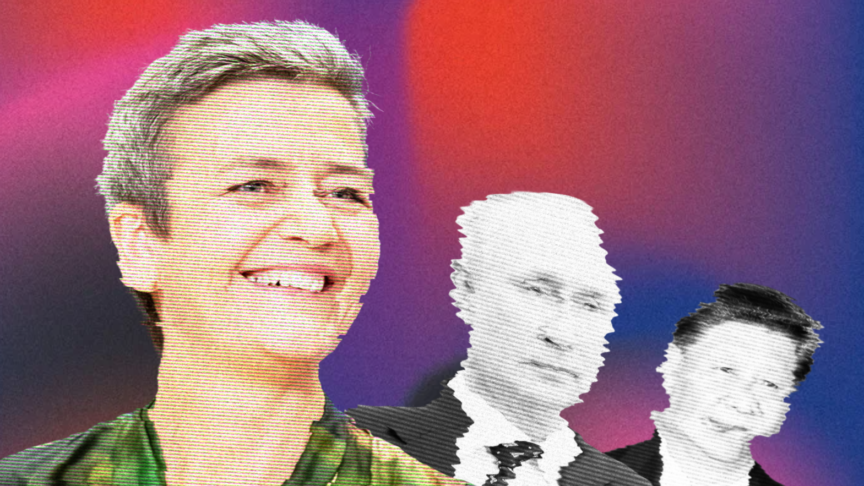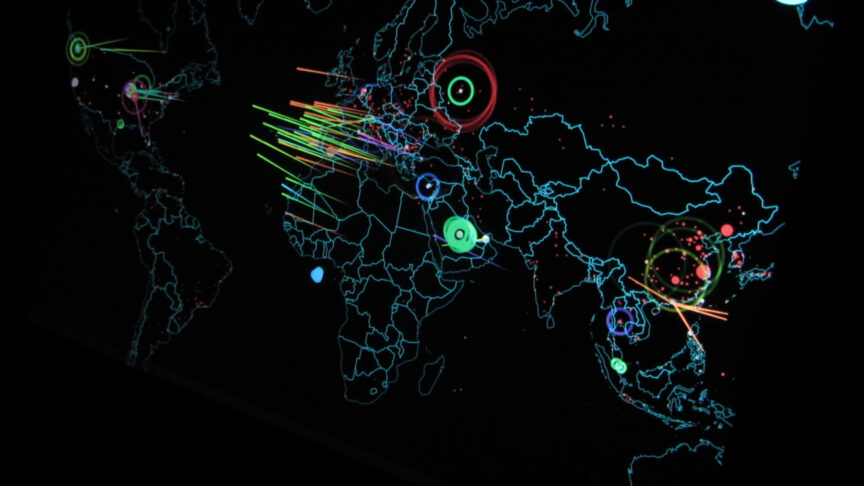Julian Ringhof was a policy fellow with the European Power programme at the European Council on Foreign Relations.
His research focuses on the implications of digital and emerging technologies for international affairs, including the topics of EU digital diplomacy and EU technological sovereignty.
Before joining ECFR, Ringhof was a visiting expert at the European Commission’s Directorate General for Communications Networks, Content, and Technology and a visiting fellow at ECFR under the Mercator Fellowship on International Affairs. He also worked as an analyst and research manager in autonomous driving at the European Centre for Information and Communication Technologies and as an innovation manager at Fab Lab Berlin.
Ringhof holds an MPhil in technology policy from the University of Cambridge and a dual BSc/BA in mechanical engineering (summa cum laude) from the University of San Diego.




